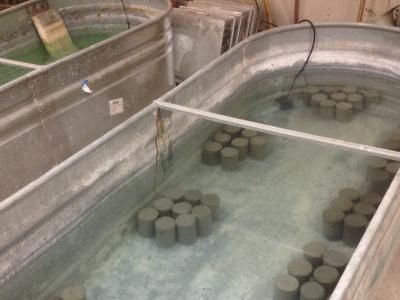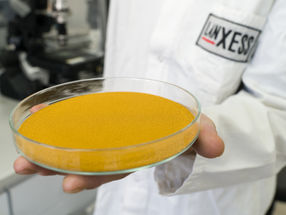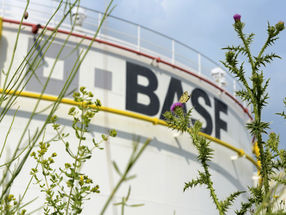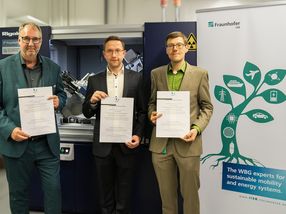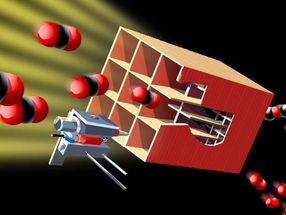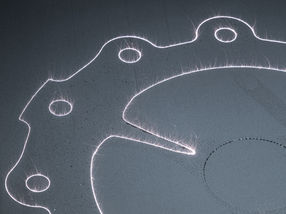Better eco-efficiency of formates in gas drilling
Using cesium and potassium formates in completion fluids that stabilize boreholes in gas production is more eco-efficient than the application of brines based on zinc bromide, calcium bromide and calcium chloride. This is the result of an eco-efficiency analysis performed by BASF. Formates are salts of formic acid, a BASF intermediate.
The scientific study compared which of the products is better suited from the economic and ecological point of view to be used in completion fluids for stabilizing boreholes. In a life-cycle assessment, formates outperformed the bromides named above as well as calcium chloride as a lower-cost, environmentally more benign alternative. Formates achieved superior results also with respect to waste disposal: while waste bromide brine needs to be disposed of at considerable cost, formate brines are biologically degradable, which allows on-site disposal. Completion fluids are used in gas production after the initial drilling operation to stabilize the well. Pressure in the well may exceed 1,000 bar. Special-purpose liquids are used to balance this pressure to prevent uncontrolled blowout of water or gas and a breakdown of the well bore. To achieve this the fluid must be of exceptionally high density – water-soluble salts like potassium and cesium formates have this density.
Most read news
Other news from the department research and development

Get the chemical industry in your inbox
From now on, don't miss a thing: Our newsletter for the chemical industry, analytics, lab technology and process engineering brings you up to date every Tuesday and Thursday. The latest industry news, product highlights and innovations - compact and easy to understand in your inbox. Researched by us so you don't have to.
